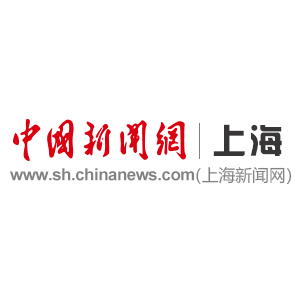On the 15th, the launch ceremony of the 2025 Shanghai Financial Education and Publicity Week, themed “Safeguarding Financial Rights and Interests, Supporting a Better Life,” was held.
The Director of the Shanghai Financial Regulatory Bureau pointed out in his speech that the bureau is committed to building a comprehensive financial consumer protection framework, promoting financial consumer protection work to a new level, which has now entered a phase of regular governance. Financial institutions within the jurisdiction should focus on practical matters for the people, act as “practitioners” in safeguarding public interests, upgrade service capabilities to become “problem solvers” in addressing industry challenges, and strengthen security defenses to serve as “guardians” of the financial security environment.
During the 2025 Financial Education and Publicity Week, the Shanghai Financial Regulatory Bureau guided the Shanghai Banking Association and the Shanghai Insurance Association to lead financial institutions in conducting a “Risk Awareness Delivered to Your Doorstep” campaign. Through multi-channel, diverse, and multi-level educational and publicity activities, financial knowledge and anti-fraud common sense will be delivered to every household, achieving full coverage across all streets and towns in Shanghai.
Deepening the diversified dispute resolution mechanism, in the first half of 2025, the Shanghai Banking and Insurance Dispute Mediation Center accepted 32,857 dispute cases, a year-on-year increase of 102.38%, and completed 22,069 mediations. Since September 2024, the center has gradually established a structure of one central office plus ten branch stations, providing consumers with convenient and efficient channels for safeguarding their rights. Since the establishment of the branch stations, a total of 7,770 disputes have been accepted, involving amounts of 410 million yuan.
In recent years, the Shanghai Financial Regulatory Bureau has deeply embodied the political and people-oriented nature of financial work, using the “three focuses” as a guiding principle to promote and improve the regular working mechanism for financial industry initiatives that benefit the people, effectively protecting the legitimate rights and interests of financial consumers. First, focus on source governance. Conduct specialized rectification of agency sales business, comprehensively review and investigate irregular practices and prominent issues in the agency sales field, and continuously supervise financial institutions to standardize their agency sales activities. Multiple measures have been taken to regulate and standardize internet consumer loan business, guiding financial institutions to substantively review and verify borrower identities and properly handle potential risks. Second, focus on public concerns. Guide financial institutions within Shanghai to continuously improve the accessibility of financial services for the elderly, and persistently carry out evaluations of age-friendly services in banking outlets along with the construction of elderly-friendly branches. Promote the Shanghai Banking Association to refine guidelines for barrier-free environment construction in bank outlets, and guide relevant financial institutions to implement projects enhancing barrier-free environments in their branches. Third, focus on key practical matters. Guide financial institutions within the jurisdiction to continuously carry out the cleanup of “dormant policies” and reminders for “dormant accounts” in banks. Implement the “Financing Smoothness Project” to enhance the quality and expand the coverage of inclusive credit. Deepen innovation in inclusive insurance, successively launching city-customized inclusive products such as “Shanghai Hui Bao,” “Shanghai Jia Bao,” “Shanghai Ye Bao,” and “Shanghai Li Bao,” implementing financial policies that benefit, support, and serve the people.





